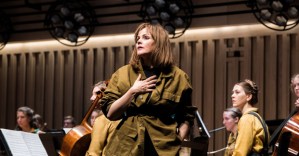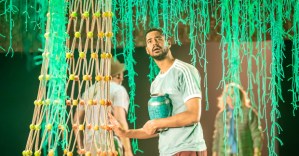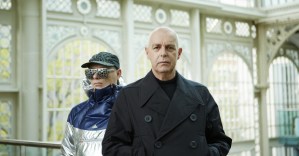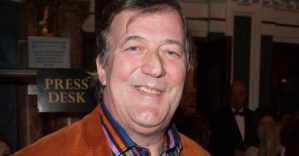Review: The Secret River (King's Theatre, Edinburgh)
The stage adaptation of Kate Grenville’s novel has its UK premiere in Edinburgh ahead of a run at the National Theatre
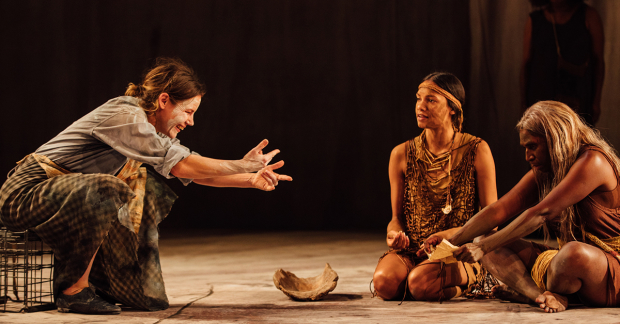
© Ryan Buchanan
What is a home? And what happens when you create it at the expense of an entire civilisation? These are just two of the questions rippling through The Secret River, which runs as part of the Edinburgh International Festival before hopping down to London for a stint at the National Theatre. The stage show, based on Kate Grenville's Commonwealth Writers' Prize-winning 2005 novel, has been around for six or so years now, running twice in Australia to critical acclaim.
Set at the start of the 19th century, the piece follows the convict Thornhill family, trapped on the shores of New South Wales and determined to make a new life for themselves. The patriarch William has a solution – a large, verdant slip of land that he has decided to make his own. The problem is the 100-acre area is already occupied by a large group of indigenous Australian people, the Dharug, and it isn't hard to predict the tragic inevitability of what is to follow.
For Australian audiences, the show would be a bloody birth-of-a-nation story but in this hemisphere it takes on a different meaning – it was our country that cast out these convicts, marooning them on the other side of the world and giving them free rein to build, collect or acquire land. We are complicit in the crimes committed. "He laughed at how easy it was to own a piece of land" – Dhirrumbin, the piece's Dharug narrator (played by a stoic Ningali Lawford-Wolf) observes while orbiting the action from the outskirts of the stage.
On Stephen Curtis' broad, sparse set, it is the small touches of Neil Armfield's production that leave the longest impression – the way that, when they first step off their boat and onto Dharug land, the Thornhill family have to walk through buckets of mud, splattering the unblemished indigenous space with feet caked in muck. Or the pale streaks of white paint that cover the Thornhill family, gradually rubbed off as their skin acclimates to the new environment. Or the way that William's accent, initially hard-Cockney, slowly gains a more recognisable Aussie twang as his foothold over his new land strengthens. The process of conquest is subtle – the change here is gradual before short, sharp tragedy strikes.
Nathanial Dean brings a nervy jumpiness to the Thornhill father, initially trying to just make a sustainable life for his family. It's a sentiment that's disarmingly sympathetic, and it's a struggle not to root for the Thornhill family even as their weariness of the Dharug population begins to transform into something more antagonistic.
Underscoring the 170-minute epic is a haunting, incessant score, played by Isaac Hayward (also musical director) with frequent help by a large cast, who pick up additional instruments as and when needed. In Andrew Bovell's adaptation, you start to crave more time with the Dharug people, seeing them only briefly and often only when they encounter the Thornhill family. The reminder of what has been washed away by absent-minded colonial free-spiritedness is a smidge undercharged.
There are fleeting glimpses at what could have been: at the end of act one Thornhill's youngest son laughs and plays with two Dharug boys, splashing each other, streaking through mud and accidentally spraying the front row of the audience to peels of laughter. A dream of a possible alternative, quashed when, minutes later, a chunk of Dharug skin is ripped clean by a white man's whip. A mammoth production that takes a small family story and projects it onto a narrative of nations.



